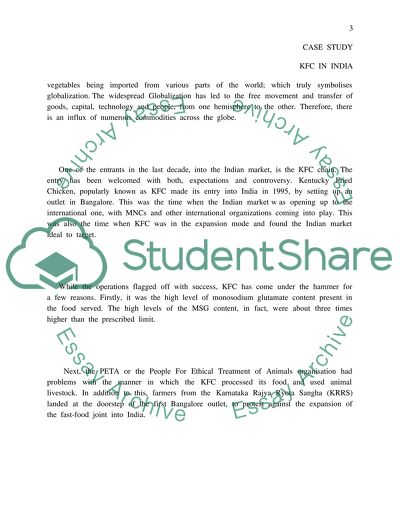Cite this document
(“KFC In India Essay Example | Topics and Well Written Essays - 3000 words”, n.d.)
KFC In India Essay Example | Topics and Well Written Essays - 3000 words. Retrieved from https://studentshare.org/miscellaneous/1513233-kfc-in-india
KFC In India Essay Example | Topics and Well Written Essays - 3000 words. Retrieved from https://studentshare.org/miscellaneous/1513233-kfc-in-india
(KFC In India Essay Example | Topics and Well Written Essays - 3000 Words)
KFC In India Essay Example | Topics and Well Written Essays - 3000 Words. https://studentshare.org/miscellaneous/1513233-kfc-in-india.
KFC In India Essay Example | Topics and Well Written Essays - 3000 Words. https://studentshare.org/miscellaneous/1513233-kfc-in-india.
“KFC In India Essay Example | Topics and Well Written Essays - 3000 Words”, n.d. https://studentshare.org/miscellaneous/1513233-kfc-in-india.


